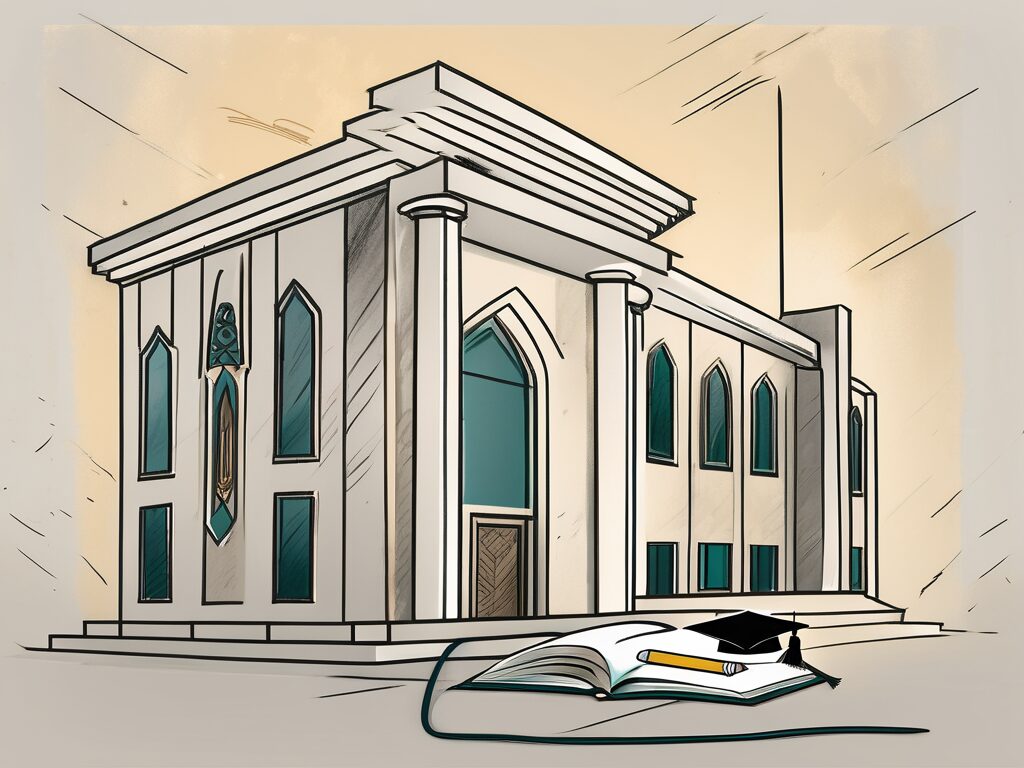The Kingdom of Saudi Arabia, known for its rich cultural heritage and vast deserts, is also a country that places a high value on education. However, like many nations worldwide, Saudi Arabia faces its unique set of challenges in the higher education sector. This blog post will delve into five significant issues that are currently impacting higher education in Saudi Arabia.
1. Gender Inequality
Despite significant strides in recent years, gender inequality remains a substantial issue in Saudi Arabia’s higher education system. Historically, societal norms and traditions have limited women’s access to education. While the situation has improved, there are still areas where gender disparity is evident.
For instance, women’s universities in Saudi Arabia often lack the same resources and facilities as their male counterparts. This discrepancy can limit the quality of education women receive. Also, the subjects that women can study are often restricted, with certain fields like engineering and science being predominantly male-dominated.
Comparative Analysis
Comparatively, Western countries like the UK and the US have made significant progress in closing the gender gap in higher education. In these countries, women not only have equal access to all fields of study but also often outnumber men in university enrolment.
2. Quality of Education
The quality of education in Saudi Arabian universities is another area of concern. While the country has made significant investments in its education system, the quality of education often falls short when compared to international standards.
One of the main reasons for this is the heavy reliance on rote learning, which emphasises memorisation over critical thinking and problem-solving skills. This method of teaching is not conducive to producing graduates who can adapt and innovate in today’s fast-paced global economy.
Comparative Analysis
Contrastingly, countries like Finland and Singapore, renowned for their education systems, place a strong emphasis on critical thinking and problem-solving skills. These countries recognise that these skills are essential for success in the 21st century.
3. Lack of Research and Innovation
Research and innovation are the lifeblood of a robust higher education system. However, Saudi Arabian universities often lag behind in these areas. The country’s higher education system is heavily focused on teaching, with less emphasis on research and innovation.
This lack of focus on research can limit the country’s ability to contribute to global knowledge and innovation. It also impacts the quality of education, as research is often a critical component of higher learning.
Comparative Analysis
On the other hand, countries like the US and Germany have a strong focus on research and innovation in their higher education systems. Universities in these countries are often at the forefront of scientific and technological advancements.
4. High Unemployment Rates Among Graduates
Another significant issue facing Saudi Arabia’s higher education system is the high unemployment rate among graduates. Despite the country’s investment in education, many graduates struggle to find employment after graduation.
This issue is often attributed to the mismatch between the skills graduates possess and the skills required by the job market. Many Saudi Arabian universities focus on theoretical knowledge, with less emphasis on practical skills and work experience.
Comparative Analysis
In contrast, countries like Australia and Canada have strong cooperative education programs that integrate classroom learning with practical work experience. This approach helps to ensure that graduates have the skills needed to succeed in the job market.
5. Over-reliance on Foreign Faculty
The final issue we’ll discuss is the over-reliance on foreign faculty in Saudi Arabian universities. While international faculty can bring diverse perspectives and expertise, an over-reliance on them can create challenges.
For one, it can limit the development of local academic talent. Additionally, foreign faculty may not be familiar with Saudi Arabian culture and societal norms, which can impact their teaching and interaction with students.
Comparative Analysis
Conversely, countries like Japan and South Korea have managed to strike a balance between local and foreign faculty. These countries recognise the value of international faculty while also investing in the development of local academic talent.
In conclusion, while Saudi Arabia faces several challenges in its higher education system, it’s important to note that the country is making efforts to address these issues. With continued investment and reform, Saudi Arabia has the potential to significantly improve its higher education system.
Empower Your Teaching Career with IPGCE
As Saudi Arabia strives to overcome the hurdles in its higher education system, educators within the Kingdom have the opportunity to enhance their qualifications and career prospects with IPGCE. The International Postgraduate Certificate in Education is tailored for teachers aiming to achieve Qualified Teacher Status and is pivotal for those facing stringent international school qualification requirements. By joining the UK’s #1 Teacher Training Course, you can increase your chances for interview callbacks, accelerate career progression, and connect with a global professional community. Don’t let isolation or a lack of understanding of global education systems hold you back. Embrace the flexibility of online study with IPGCE and become part of the success story, with 90% satisfaction among peers who’ve seen a significant impact on their adaptability and professional development. Join the UK’s #1 Teacher Training Course and take the next step in your educational journey.

